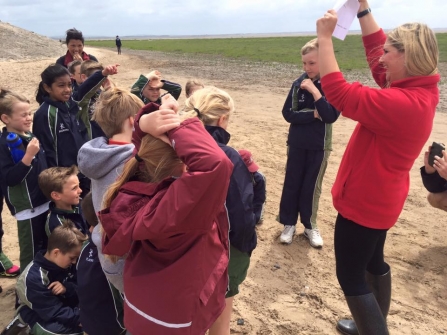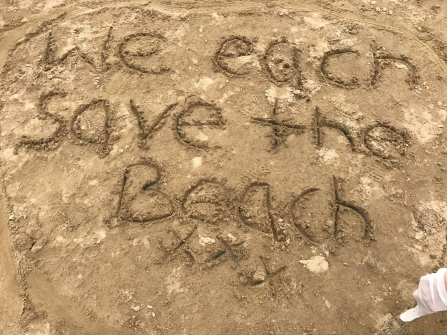Do you have fond memories of running barefoot across sandy beaches, combing through rockpools with your family and eating salty chips by the sea? It’s an idyllic picture of the British seaside and an enduring part of many of our childhoods, but an increasing number of children are missing out on the exciting sights, sounds and smells of the beach. In fact, 11 per cent of children under the age of 14 have never visited a British beach.
11% of under 14s have never visited a British beach
The reasons for this are myriad and complicated. Inner-city children don’t always have easy access to the coast, an issue that can be compounded by a disadvantaged background. In fact, even children who do live close to the coast don’t always have the opportunity to spend time there. The 2015 ‘Index of Deprivation’ ranked Blackpool as the most deprived local authority area of 326 in England. There are large amounts of low income families along this area of the coast, with research from Blackpool Better Start confirming that they rarely, if ever, visit the beach.







